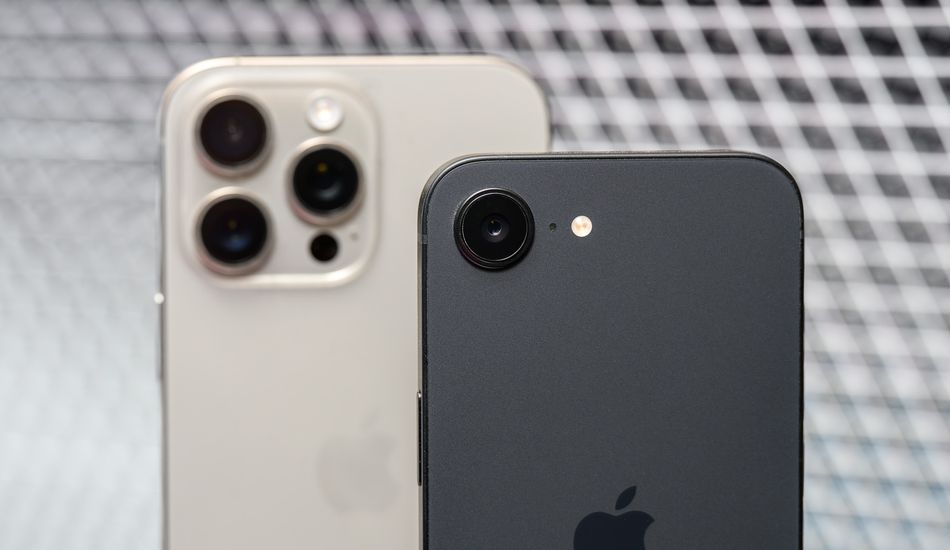
Tariffs Cost Apple Over a Billion Dollars
Okay, so here's the deal: Apple's been dealing with a hefty bill thanks to those tariffs put in place. During their recent earnings call, Tim Cook mentioned that these duties could tack on an extra $1.1 billion to their expenses in the coming quarter.
To give you some context, they already shelled out around $800 million in the previous quarter. While that's still a ton of money, it's actually less than the $900 million they had anticipated. Apparently, a big chunk of those tariffs were related to the IEEPA tariffs affecting China early in the year, according to Cook. What I can get from this is that things could be worse, but are far from perfect.
Because the majority of Apple's gadgets are assembled in places like China, India, and Vietnam, these tariffs have touched pretty much everything they make. While Cook pointed out that most iPhones sold here are actually made in India, a lot of Macs, iPads, and Apple Watches come from Vietnam. Given the scope of Apple's manufacturing base, it's really a global effort. It's not just one factory in one place; it's a complex web of suppliers and assemblers.
And, it gets worse: there's the possibility of even higher tariffs if Apple doesn't shift some production stateside. As Cook said, though, "There are many factors that could change, including tariff rates.” So, who knows what the future holds? But, as you might guess, this will lead to a price increase in devices. If they move some production to the USA, probably the consumer is the one that will pay for it.
But hey, it's not all doom and gloom. Despite these tariff worries, Apple's quarterly revenue actually went up by 10 percent, hitting $94 billion between April and June. Also, iPhone and Mac sales are doing pretty well. So while these tariffs are definitely a headache for Apple, it looks like it's not impacting their overall performance too much right now. I think that with such a big brand like Apple, it's revenue will keep high and the consumer will continue to buy their products, whatever the price.
Source: The Verge